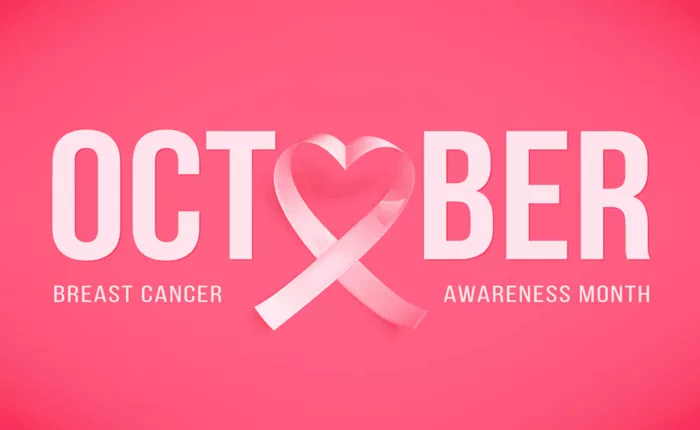As October unfolds, it brings with it Breast Cancer Awareness Month, a time dedicated to raising awareness about the disease that affects millions of individuals each year. While this month serves as a platform for education and support, the impacts of breast cancer extend far beyond the pink ribbons and marketing campaigns associated with it.
The 2024 theme for Breast Cancer Awareness Month is “No one should face breast cancer alone.” This message resonates deeply with those who have navigated the complexities of a breast cancer diagnosis, whether personally or through loved ones. For many, October serves as a poignant reminder of their battles with the disease, while for others, it is a time of solidarity and encouragement. The emotional landscape during this month can vary widely, encompassing feelings of sorrow, resilience, and hope.
Breast cancer awareness began as a week-long initiative in 1985 led by the American Cancer Society and has since evolved into a month-long observance aimed at educating the public about prevention, detection, and treatment options.
Despite the positive intentions behind Breast Cancer Awareness Month, some critics argue that the movement has been diluted by “pinkwashing.” This term refers to companies that promote breast cancer awareness while simultaneously selling products that may contribute to health risks associated with the disease. Karuna Jaggar, former executive director of Breast Cancer Action, explained that pinkwashing goes beyond mere marketing; it highlights the hypocrisy of brands that claim to care about breast cancer while their products may pose risks.
In response to growing concerns about transparency in breast cancer marketing, Breast Cancer Action launched the Think Before You Pink® campaign in 2002. This initiative encourages consumers to critically evaluate products marketed with pink ribbons and to consider whether these companies genuinely support breast cancer research or awareness.
The statistics surrounding breast cancer remain sobering. According to the American Cancer Society, breast cancer accounts for approximately 30% of all new cancers diagnosed in women each year. In 2024 alone, an estimated 310,720 new cases of invasive breast cancer will be identified in women, alongside 56,500 new cases of ductal carcinoma in situ (DCIS). Tragically, around 42,250 women are expected to die from breast cancer this year.
While breast cancer can affect individuals regardless of gender or ethnicity, certain groups face higher risks. Notably, Black women are more likely to die from breast cancer than any other racial or ethnic group at every age. However, thanks to ongoing funding and preventive measures, there are now over 4 million breast cancer survivors in the United States.
Although no method guarantees complete prevention of breast cancer, several proactive measures can significantly reduce risk factors. These include maintaining a healthy weight, engaging in regular physical activity, minimizing alcohol consumption, breastfeeding for extended periods after childbirth, and seeking genetic counseling if there is a family history of breast cancer.
The National Breast Cancer Foundation has released a new eBook designed to assist individuals diagnosed with breast cancer in navigating their next steps and connecting with support networks. This resource aims to provide answers to common questions and facilitate access to necessary care.
As we observe Breast Cancer Awareness Month, it is crucial to recognize that the effects of this disease linger long after treatment ends. Survivors often face ongoing physical and mental health challenges that can alter their quality of life. “People often think that after you are ‘cured,’ you will return to normal,” noted one survivor on social media. This misconception can be damaging and fails to acknowledge the complexities of recovery.
Breast cancer remains one of the most prevalent cancers among women in the United States. Early detection through mammograms continues to be one of the most effective strategies for improving treatment outcomes. Recent mandates have also been implemented to ensure patients with dense breasts receive appropriate guidance following mammograms.
Breast Cancer Awareness Month serves as an essential reminder of the ongoing fight against this pervasive disease. It calls for education, action, and community support while highlighting both the progress made and the challenges that remain. As we navigate through October, let us remember that awareness is not just confined to this month but is a continuous effort toward understanding and combating breast cancer.
Related topics:
Radiotherapy For Breast Cancer: Higher Lung Cancer Risk In Smokers
A Comprehensive Overview of Estrogen HRT
Besides Alcohol: What Causes Liver Damage?


